Is There Too Much Violence Against Women in the New 'Twin Peaks'? Mädchen Amick Addresses the Debate
"He doesn't present it and then cut away from the brutality. He stays with it."
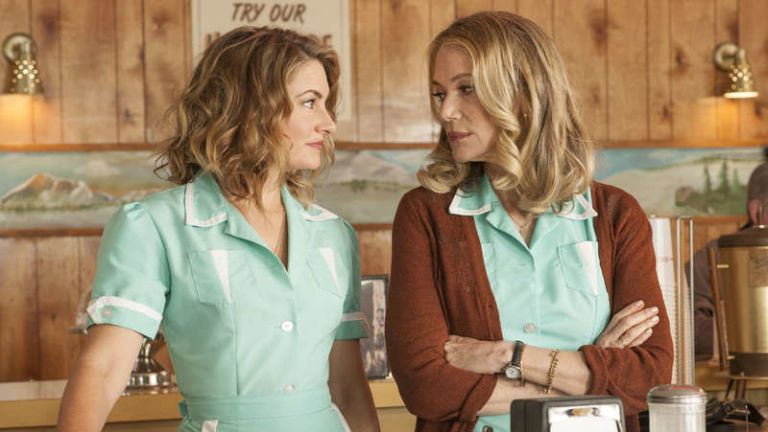
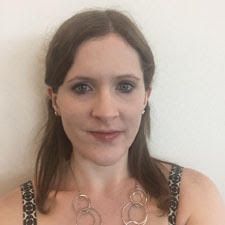
However mesmerized you are by the confounding TV journey that is Twin Peaks: The Return, there's a recurring, uncomfortable element that has become too glaring to ignore, and that is its lengthy depictions of violence against women. David Lynch seems to be telling a story about the fundamental nature of evil, as he always was with the original show on some level, and doing so by depicting—largely through the mysterious character of Richard Horne (Eamon Farren), who appears to be closer to a demonic embodiment of misogynistic evil than a flesh-and-blood man.
RELATED STORY
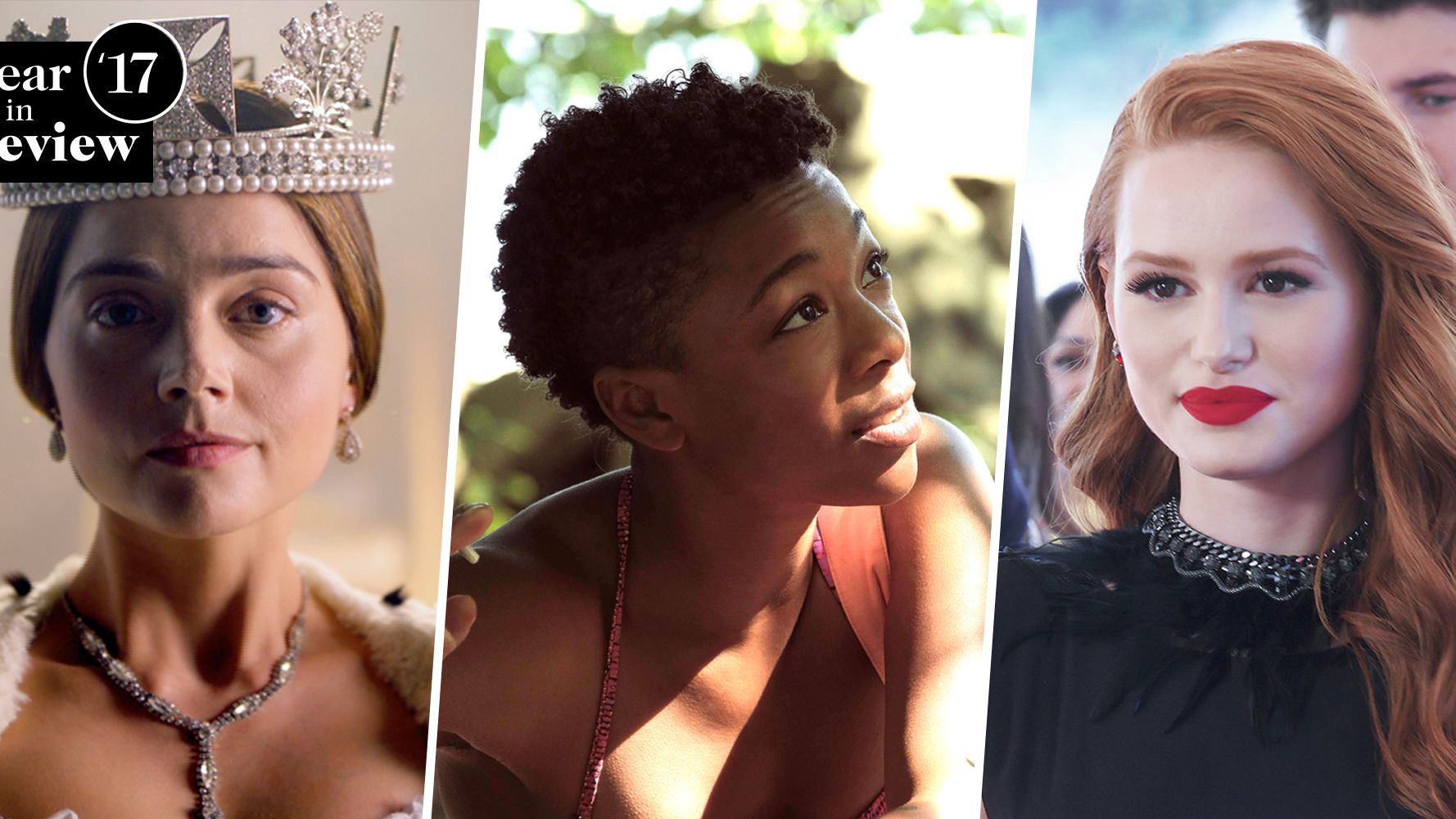
Prepare to Binge: These Were the Best TV Shows of 2017
RELATED STORY
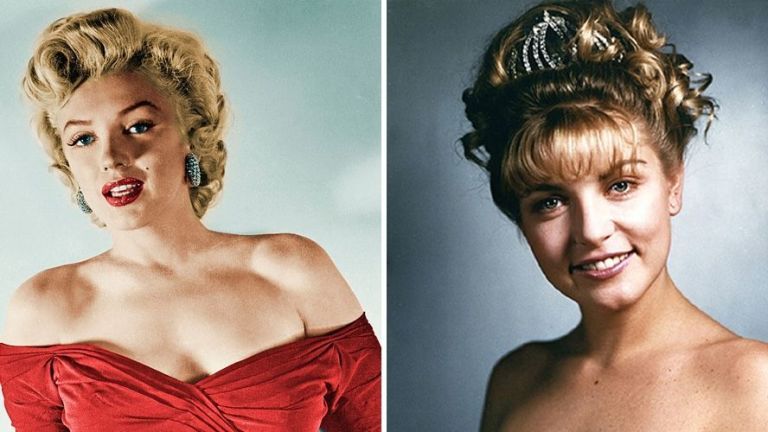
Apparently Marilyn Monroe Was the Inspiration for 'Twin Peaks'
RELATED STORY
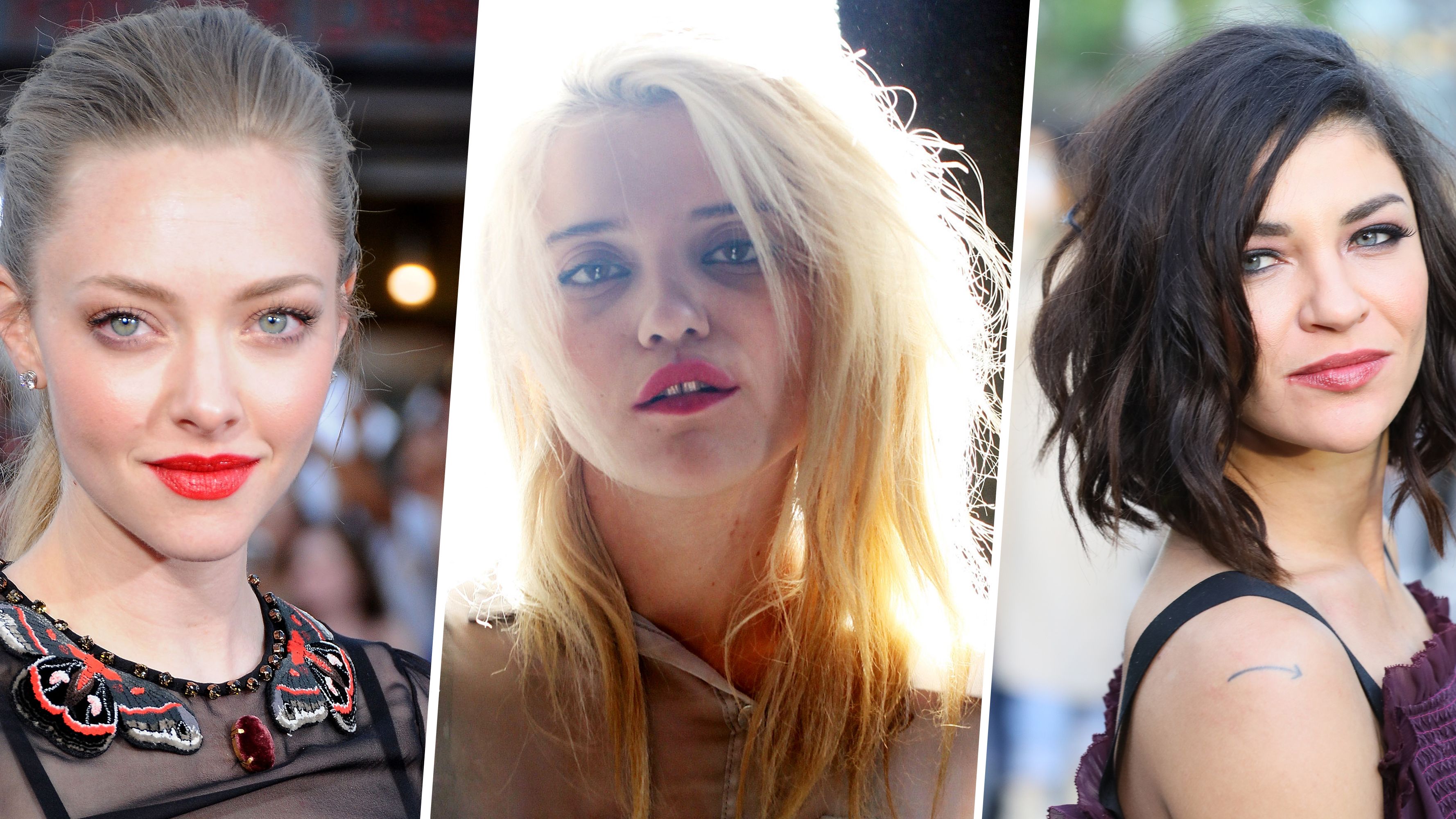
Your Guide to the Coolest Young Actors Making Cameos in the New 'Twin Peaks'
The brutality of the new show is striking in large part because the original Twin Peaks, being on a network in the early 1990s, featured relatively little on-camera violence, leaving much to implication which was often more horrifying. The main exception was Mädchen Amick's Shelly, who faced a litany of abuse at the hands of her scumbag husband Leo (Eric Da Re), and in the new series appears to be slipping back into old patterns.
MarieClaire.com spoke with Amick about episode eleven's heartbreaking Shelly/Bobby revelation, what went wrong with season two back in the day, and her take on The Return's extensive violence against women.
Marie Claire: Eleven weeks in, does it still feel surreal to have Twin Peaks back on television?
Mädchen Amick: "Yeah, it really does. I mean, when I heard that it was coming back and then to officially be asked to be a part of it—all of it felt so surreal. And then I thought well, when I start watching it on television it'll probably sink in. And it still hasn't! It's still surreal and magical and mind-blowing."
[pullquote align='C']"The biggest thing that surprised me from the beginning was how massive and global and universal of a tone it took."[/pullquote]
MC: You were only allowed to read your scenes, not the full scripts, right? Was that the case right up until the episodes aired?
Stay In The Know
Get exclusive access to fashion and beauty trends, hot-off-the-press celebrity news, and more.
MA: "I never was able to read the full script. Only a selected few department heads that needed to work on the whole thing were invited to read the whole thing. Everybody else has just been piecing their stuff together, and as I see other actors giving interviews, we're all in the same boat. Here's the thing—David Lynch is very unique, and he works in this way, and I understand why they needed to do this for this project in particular because of all the speculation and anticipation of it returning. But I don't want other filmmakers to get any ideas that this is normal and that they shouldn't be sharing the full story with their actors, because that's always been a pet peeve of mine. David Lynch is an isolated, magical bubble, and he does this and makes it work. Not everybody is David Lynch. That's my disclaimer!"
MC: So you're watching the show week to week, just like everyone else?
MA: "As the hours are released, I'm watching it completely fresh, not knowing anything that's going to happen along with the rest of the world and the fans and the audience. So, when an hour is airing on Showtime, I sit down having no idea and not knowing if I'm going to be in it or not. I have no idea what's going to happen, so it's kind of fun."
MC: What has been most surprising to you as you've watched the show unfold?
MA: "The biggest thing that surprised me from the beginning was how massive and global and universal of a tone it took. We are outside of our cute little town of Twin Peaks, and watching all the characters of that little town that we've all fallen in love with. It's now gone to a much bigger scale, introducing different dimensions and, it seems, even universes. It has a very global feeling now, a much grander scale, which I think is a little bit shocking for the die-hard Twin Peaks fans, but also incredibly exciting.
To be honest, I had some mixed feelings about it at first. I was like 'Oh no, are we going to lose our original fans? Is it not giving them enough of the small town of Twin Peaks?' But, the more I've watched it and I've seen it unfold and start to come together now that we're eleven parts in, I'm realizing that it's a much more brilliant concept. Most shows that come back as reboots or remakes or returns, they've lost their luster because a lot of the magic already came with the first run. You can go back and you can see characters you love but the lightning in a bottle already happened. It's hard to recreate that. So I think by introducing all of these other characters and all of these other dimensions, we've grown the concept of Twin Peaks and I think we've advanced the magic of it."
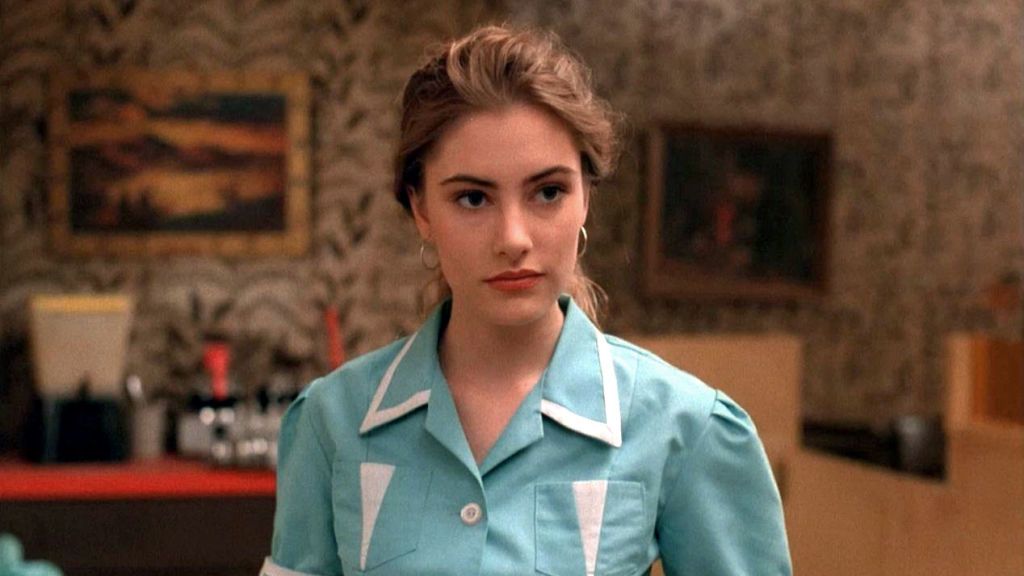
MC: There's a significant amount of extended violence against women in the new season. What's your take on that, as an actor, especially given that Shelly bore the brunt of that in the original show?
MA: "I do hear that brought up a lot with David's work, and I know David, and I know that he doesn't do it gratuitously. My take on it is that he's showing everything raw. He's showing violence of men against men and children and also women, and he goes to very uncomfortable places. He doesn't present it and then cut away because he wants to save you from the brutality. He stays with it. And I think it's not necessarily that David shows a lot of violence with women, I think it's that it resonates with us as viewers more when we see it played out against women.
[pullquote align='C']"He's showing violence of men against men and children and also women, and he goes to very uncomfortable places."[/pullquote]
We're sort of used to seeing men fighting with men, but we don't get to see the full experience when you see a woman being brutalized, because I think most people shy away and David just stays with it. It doesn't matter what gender, what age, what person—he just stays with it. And I think that it's resonating with everyone to see that."
MC: With the original show, David and Mark Frost were very involved with the first season, and then the general perception is that they became less so as season two went on, which is why that season suffered. From your experience, is that basically accurate?
MA: "It's somewhat accurate, yeah. To be honest, I was only 20 and very very new at the business, so I wasn't very savvy and I didn't really know what was going on. I knew that on the second season David wasn't around much, and I knew that there was some frustration with the network. It was an odd time because we were a mid-season pickup at first. The number crunchers looked at the show and were like, 'This isn't going to do anything for us and we're not going to have advertising and let's just burn this off and kind of get rid of it. This isn't mainstream enough.' So that's why it was only a mid-season replacement, and we premiered against Cheers which was just huge.
The network were like 'Eh, let's just get rid of it', but the fans found us. The fans started talking about it and it became a quick success. So, I feel like, from the get-go, it was something that nobody really understood or could wrap their head around as far as the normal Hollywood business and how things are supposed to go. By the second season, all of a sudden there was so much attention to our show and so many different opinions of what should happen now and what will make it continue to make it successful. Can we make it more successful? And then there were a lot of opinions about what we should do and where the story should go."
MC: David Lynch doesn't strike me as someone who wants a huge amount of network notes.
MA: "When you meet David Lynch and you start to tell him what you think he should do...It's not that he's rebellious. He doesn't do it on purpose, he's just so pure in his ideas and the way he delivers them, it just wasn't something that he really could do. I think he was a little bit at a loss about how to implement these things that the network wanted him to do when he didn't feel like it was organic to the story. So then it was sort of left to other people to mimic David Lynch and to mimic the weirdness. And you just can't. It's an original thing, a living, breathing thing."
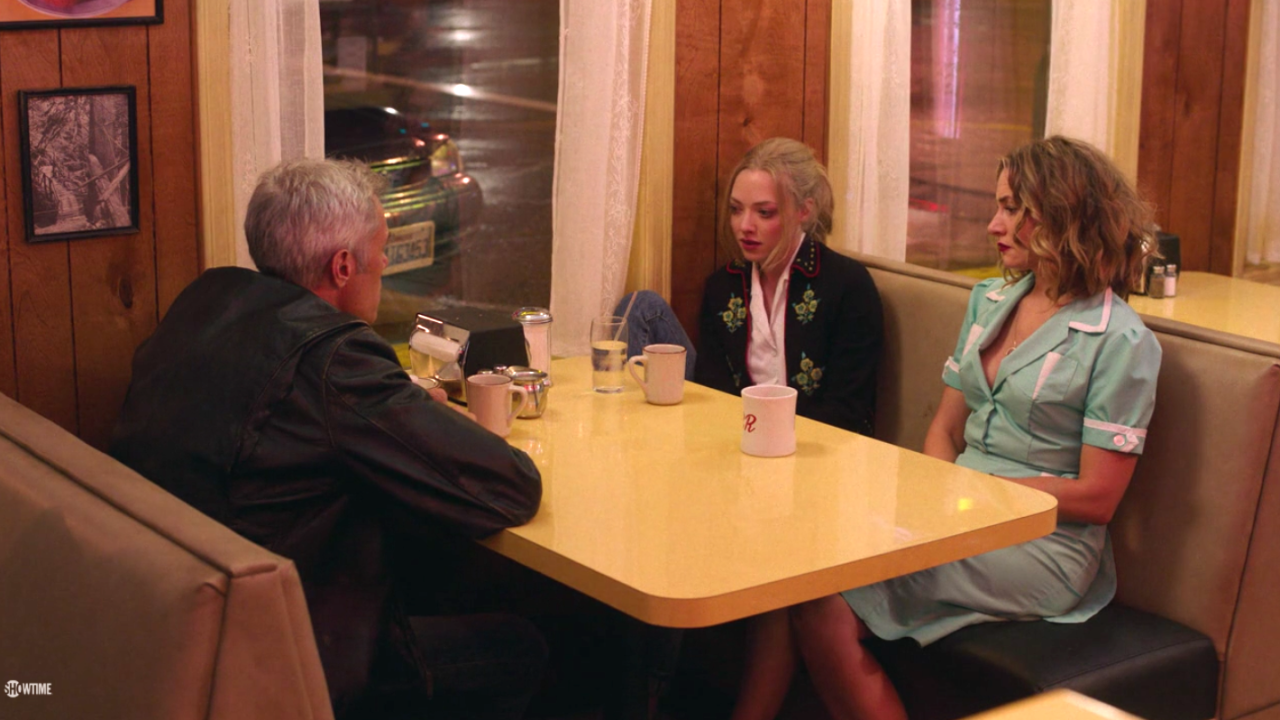
MC: Shelly now has a daughter, Becky (Amanda Seyfried) who's fallen into an abusive relationship very much like Shelly had with Leo. Twin Peaks deals a lot with cyclical abuse, and the idea that violence is sort of passed down through generations—is that what we're seeing here?
MA: "Yeah, you're seeing that with Becky and you're seeing it within Shelly herself. I've already see the fan response about how upset they are with Shelly that she's broken Bobby's heart and is with Red [a criminal lowlife]. I had the same reaction when I read it and I sat down with David and I was just like, 'Oh my gosh! Shelly and Bobby aren't together? What do you mean?' I just had to trust and to give in and I had to perform it the best way I could, even though my own heart was breaking.
[pullquote align='C']"I was just like, 'Oh my gosh! Shelly and Bobby aren't together? What do you mean?'"[/pullquote]
There's a cycle that seems passed down to my daughter Becky, and there's a cycle that even Shelly is still stuck in. So Bobby went good, and here's another bad boy that came around, and Shelly's a sucker for bad boys for some reason. It's got to speak to something that happened in her childhood or something dysfunctional going on. We don't totally know what broke up Shelly and Bobby. But, just the fact that she's now messing around with a new bad boy is kind of gut-wrenching."
MC: Shelly and Bobby having a daughter together but not actually being together really does feel kind of cruel…
MA: "Dana [Ashbrook, who plays Bobby] and I were texting each other as Part 11 was airing, saying 'well, cat's out of the bag!' We're giving fans this five minutes of beautiful hope and love with Bobby and Shelly and Becky together, and then we just completely ripped their hearts out. We didn't get to enjoy it for very long before we just completely crushed everybody's sense of like, 'Oh, these things can turn out for you.' It's like, no, not in dysfunctional families."
MC: Do you have any sense of what's going on with this season?
MA: "This is a complete fan theory on my part, because I'm watching it along with everyone else and trying to figure it out, I have no inside knowledge whatsoever. But I'm starting to feel like Twin Peaks is a dimension, Twin Peaks is a bubble. And to me, it was set up to be this pure bubble and it was invaded by something evil, and we're watching that happen. Because every time we cut back to the magical forest, it just feels otherworldly to me. And then you see the characters in the town and they seem a little bit timeless, they feel a little off, maybe too perfect or too—there's something very magical about it. And I'm starting to see kind of a really big picture of, 'Oh! Is Twin Peaks just another portal? Another dimension? Another thing that was maybe in place to try to protect something good and the evil has come in?' I don't know…"
Twin Peaks: The Return airs Sunday nights on Showtime at 9 p.m.
Follow Marie Claire on Facebook for the latest celeb news, beauty tips, fascinating reads, livestream video, and more.
Emma Dibdin is a freelance writer based in Los Angeles who writes about culture, mental health, and true crime. She loves owls, hates cilantro, and can find the queer subtext in literally anything.
-
 Tyla's Coachella Outfit Pairs Dolce & Gabbana With Pandora
Tyla's Coachella Outfit Pairs Dolce & Gabbana With PandoraThe singer wore a gold version of the crystal bra made famous by Aaliyah.
By Amy Mackelden Published
-
 How Kate Middleton Is Influencing George's Fashion Choices
How Kate Middleton Is Influencing George's Fashion ChoicesThe future king's smart blazer is straight out of Princess Kate's style playbook.
By Amy Mackelden Published
-
 King Charles "Couldn't" Meet Prince Harry During U.K. Visit
King Charles "Couldn't" Meet Prince Harry During U.K. Visit"It could actually bring down a court case."
By Amy Mackelden Published
-
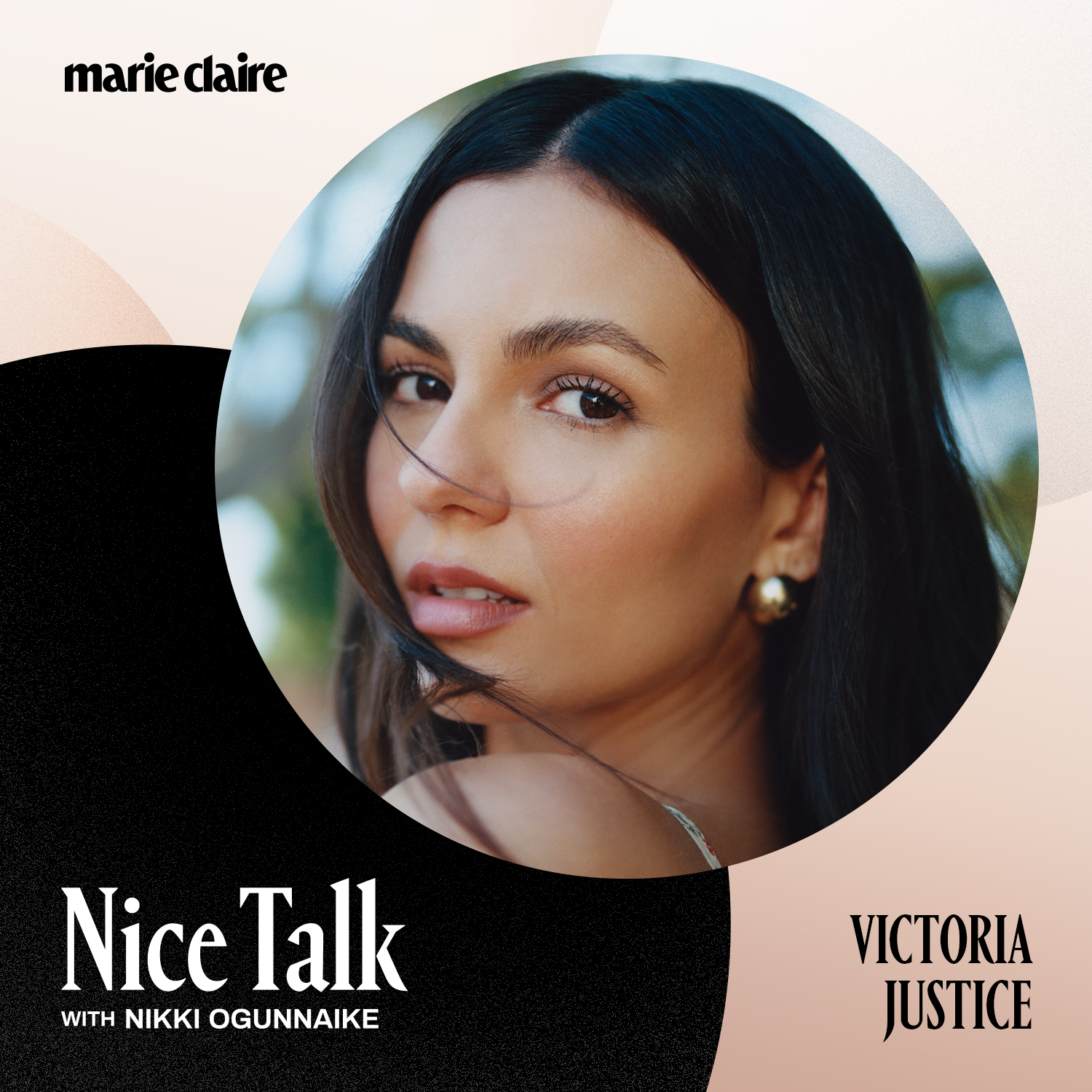 How Victoria Justice Learned to Use Her Voice on the Set of 'Victorious'
How Victoria Justice Learned to Use Her Voice on the Set of 'Victorious'The former Nickelodeon star recalls what it was like to speak up to adults on set as a child.
By Sadie Bell Published
-
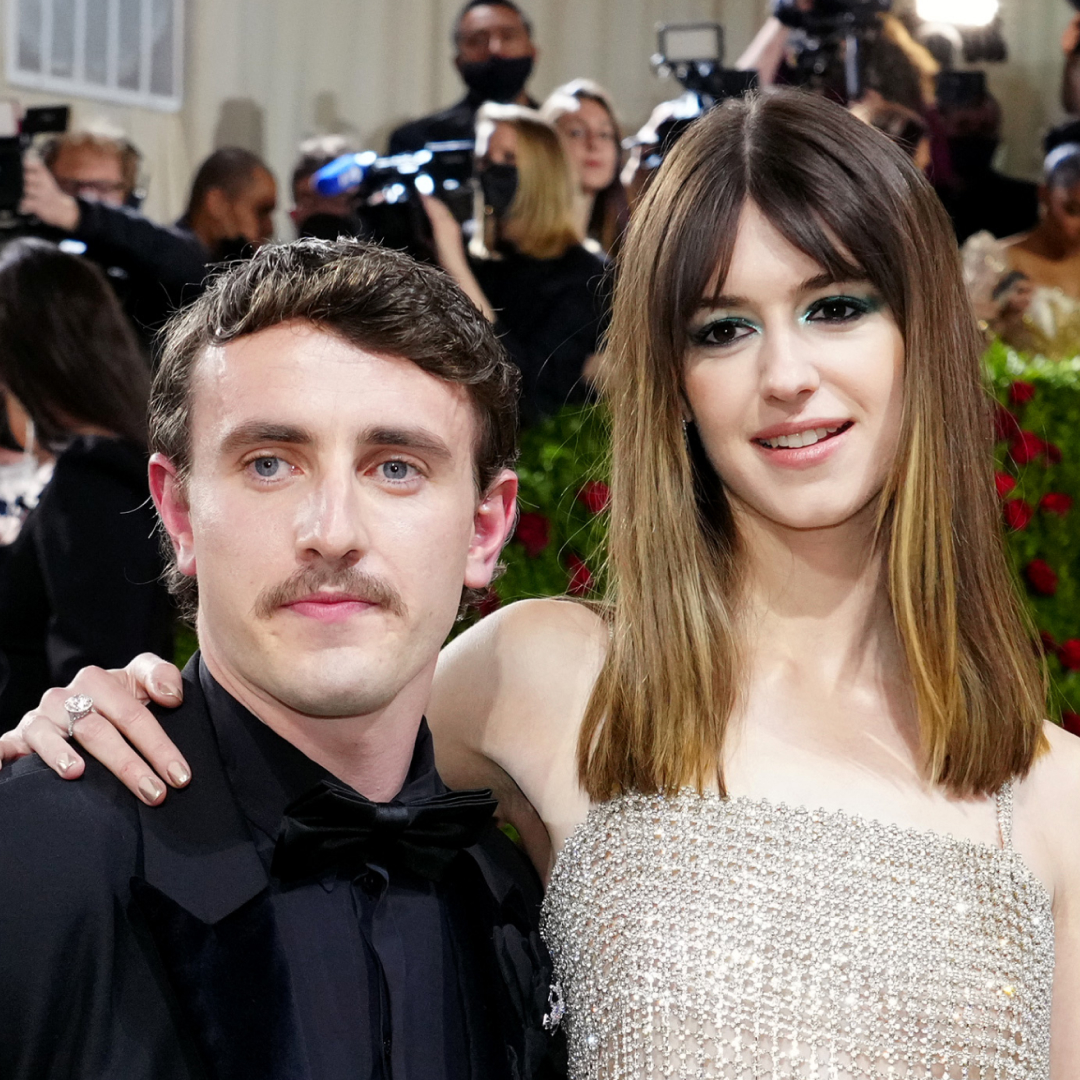 Paul Mescal and Daisy Edgar-Jones Tease an Announcement: "We've Got Some News to Share"
Paul Mescal and Daisy Edgar-Jones Tease an Announcement: "We've Got Some News to Share"The former 'Normal People' costars and IRL best friends seem to have a new project in the works.
By Sadie Bell Published
-
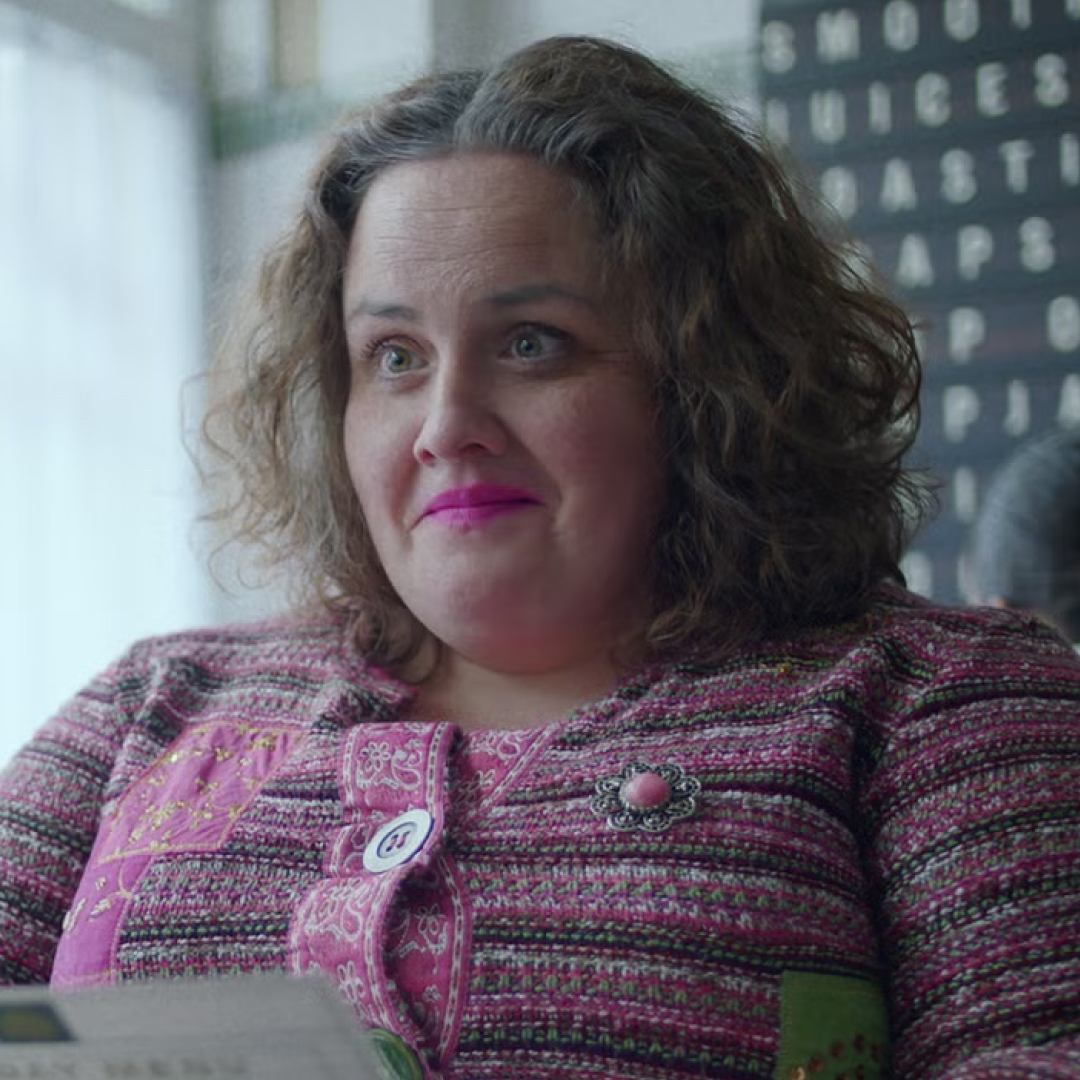 The Woman Who Inspired Martha in 'Baby Reindeer' Calls the Series "a Work of Fiction" In a YouTube Interview
The Woman Who Inspired Martha in 'Baby Reindeer' Calls the Series "a Work of Fiction" In a YouTube InterviewA woman has come forward as the alleged inspiration behind Martha in the hit Netflix series.
By Sadie Bell Last updated
-
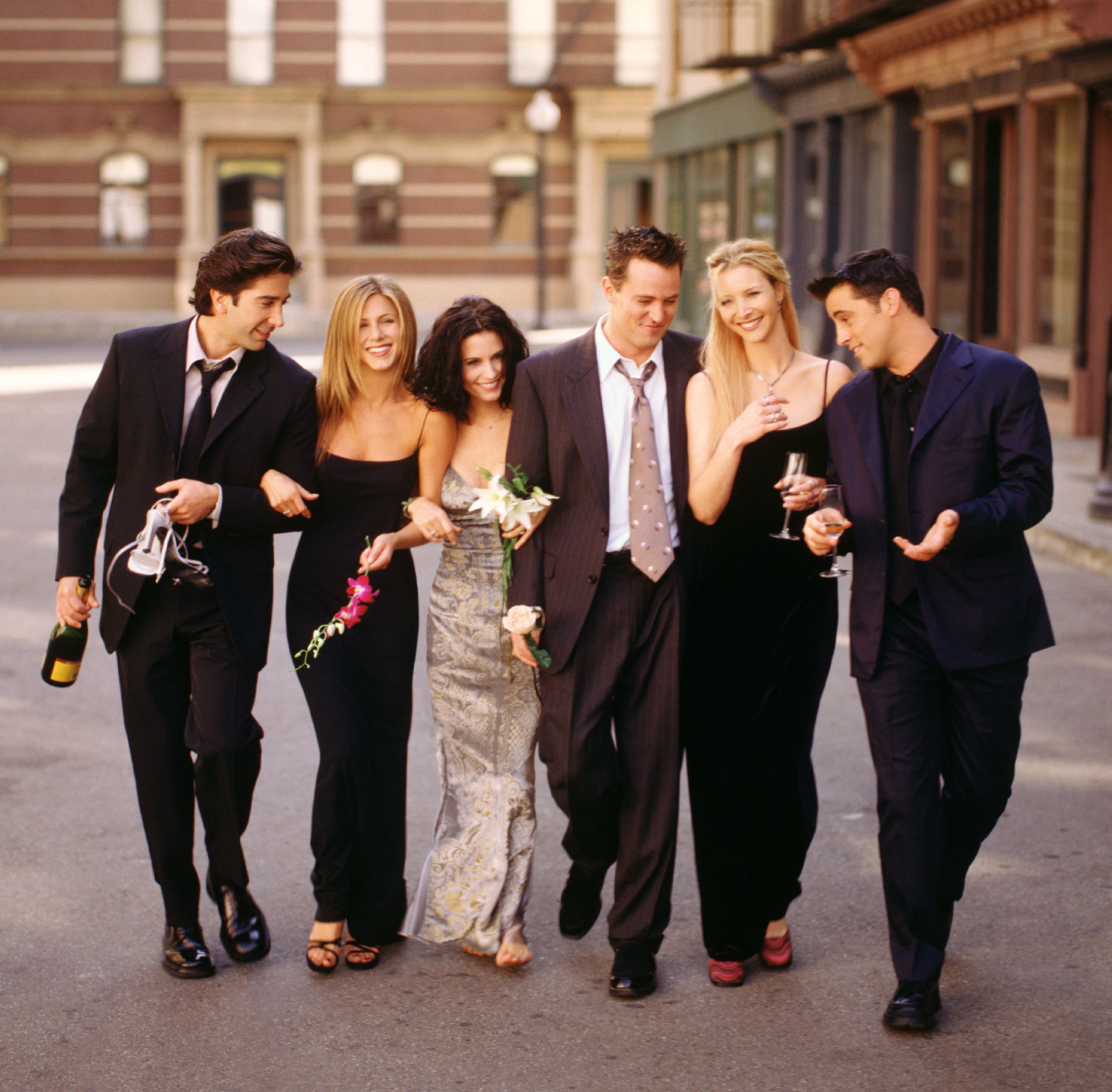 The Best 'Friends' Episodes of All Time
The Best 'Friends' Episodes of All TimeCould these BE any better?
By Katherine J. Igoe Published
-
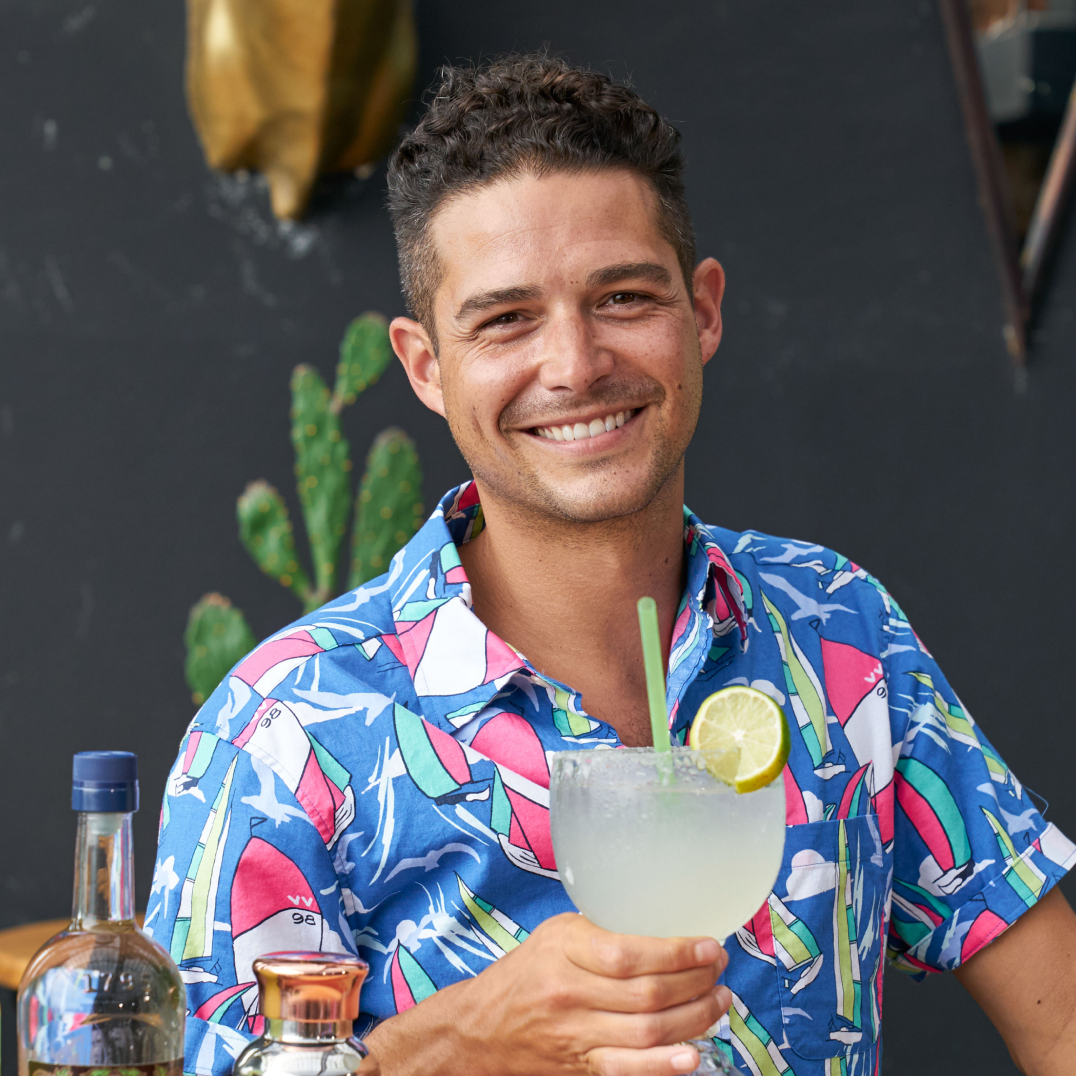 ‘Bachelor in Paradise’ 2023: Everything We Know
‘Bachelor in Paradise’ 2023: Everything We KnowCue up Mike Reno and Ann Wilson’s \201cAlmost Paradise."
By Andrea Park Last updated
-
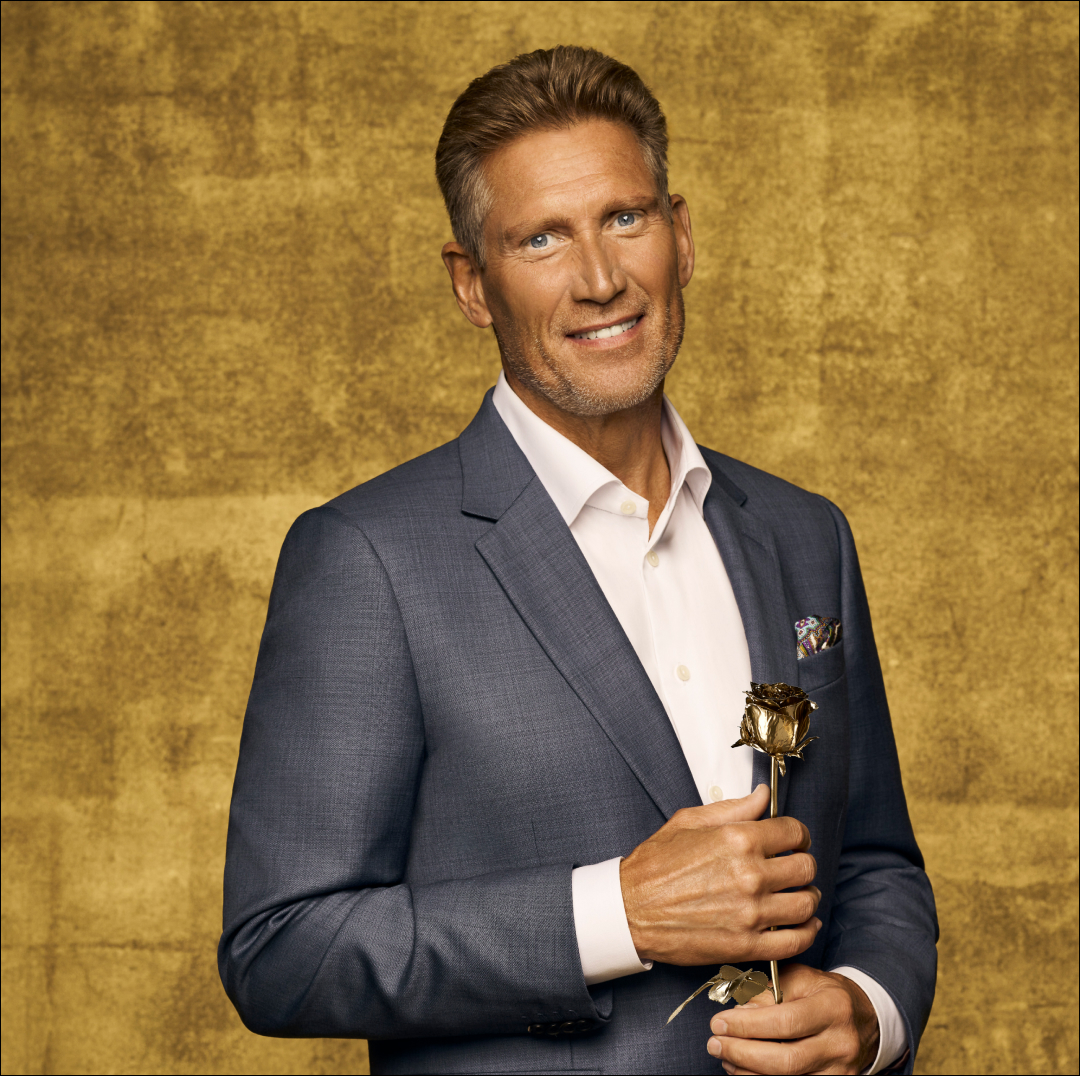 Who Is Gerry Turner, the ‘Golden Bachelor’?
Who Is Gerry Turner, the ‘Golden Bachelor’?The Indiana native is the first senior citizen to join Bachelor Nation.
By Andrea Park Last updated
-
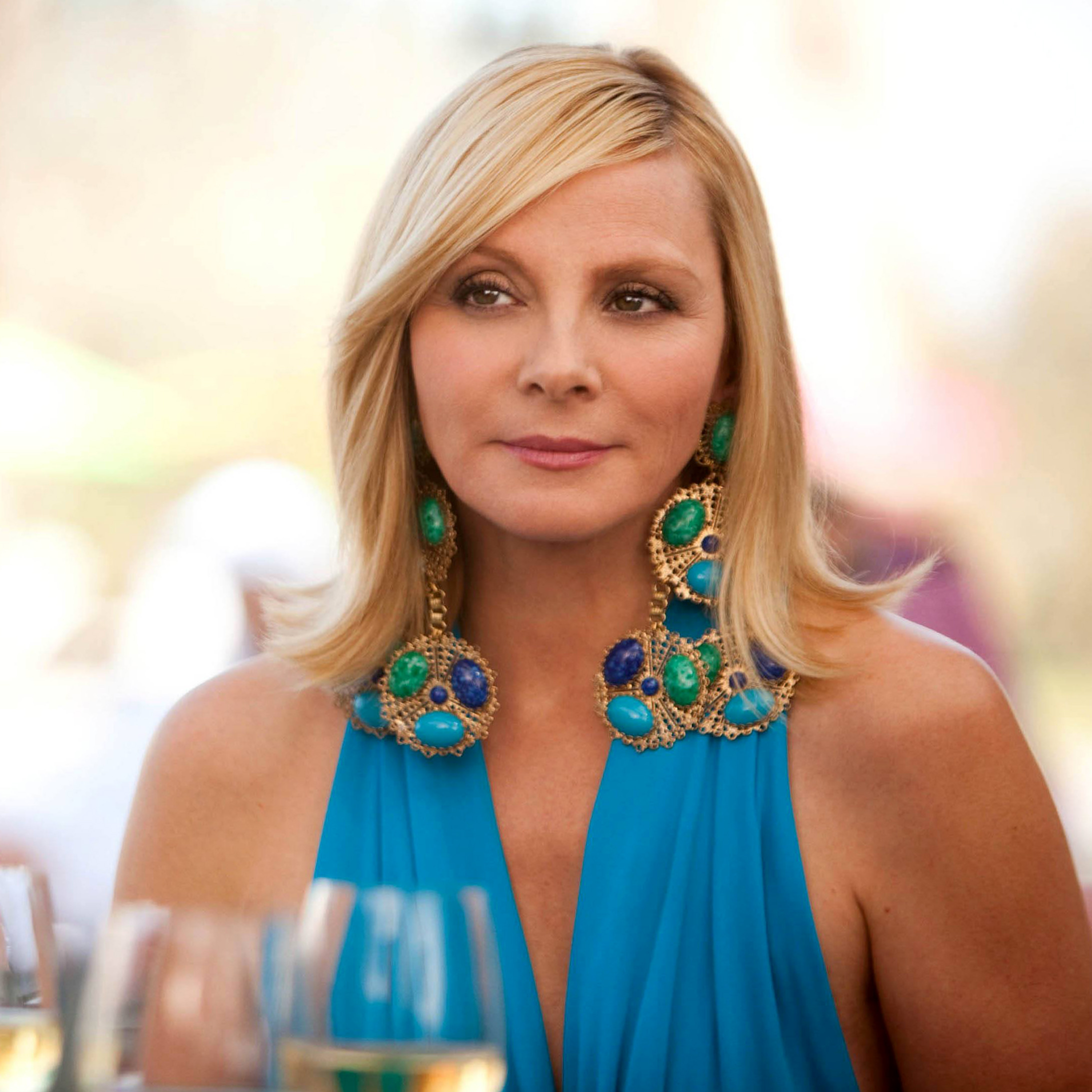 Kim Cattrall Didn't See or Speak to Her Costars When Filming 'And Just Like That' Cameo
Kim Cattrall Didn't See or Speak to Her Costars When Filming 'And Just Like That' CameoThat's some type of commitment.
By Iris Goldsztajn Published
-
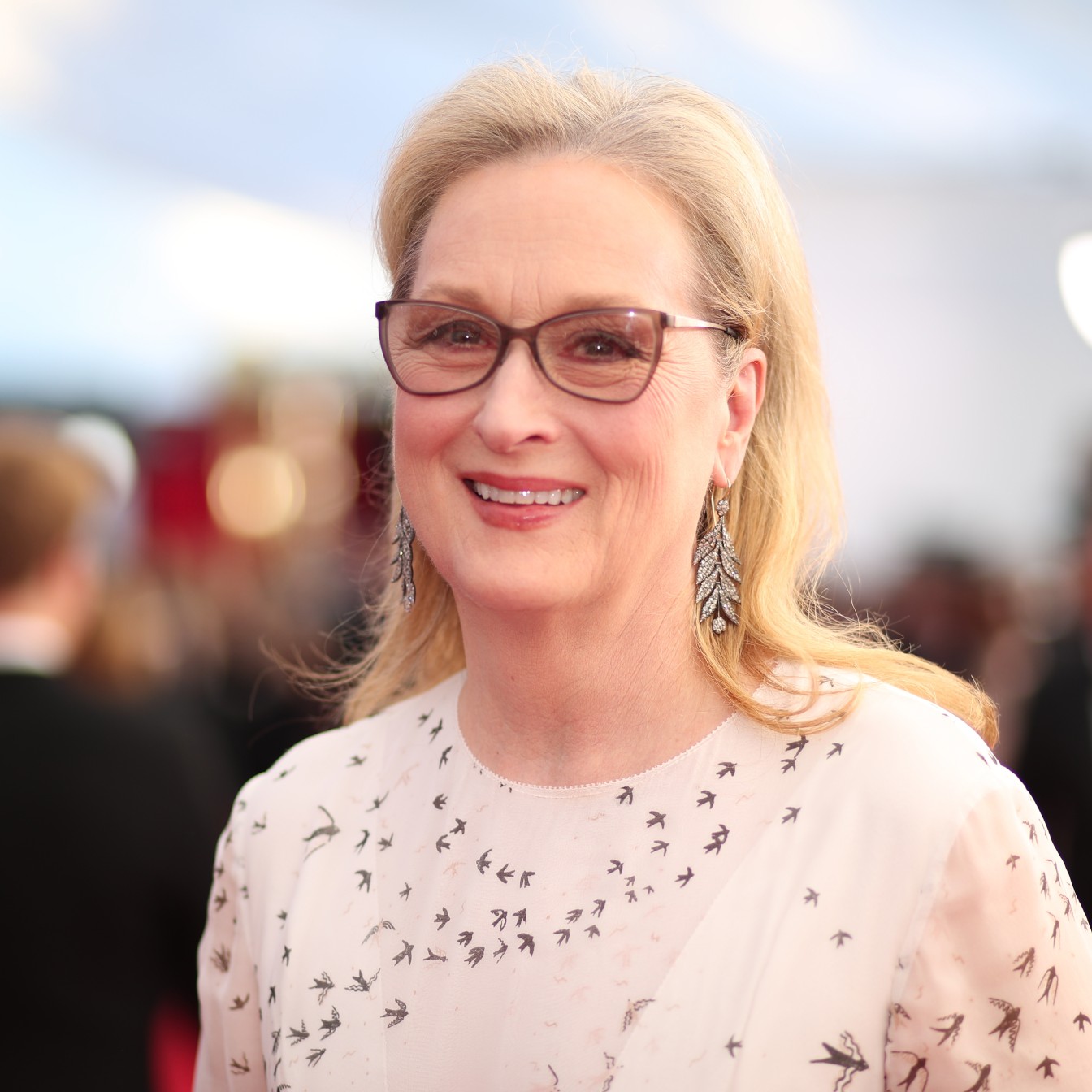 Selena Gomez Revealed Meryl Streep Is Joining 'Only Murders in the Building' Season 3
Selena Gomez Revealed Meryl Streep Is Joining 'Only Murders in the Building' Season 3Fans are losing it.
By Iris Goldsztajn Published